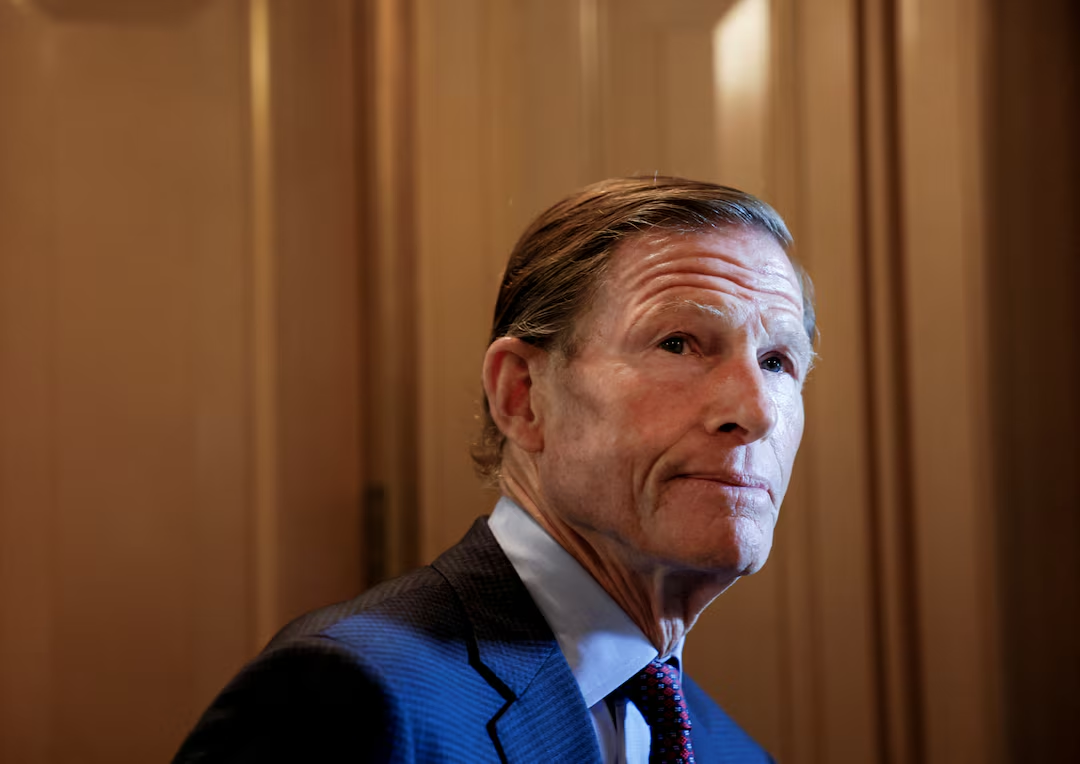“Junk” airline fees cause higher costs and negative experiences for passengers, a US Permanent Subcommittee on Investigations (PSI) report has found.
The report published yesterday (Nov. 26) slams ancillary fee structures such as dynamic pricing and incentivised bag policy enforcement.
The PSI’s year-long inquiry examined major US airlines American Airlines, Delta Air Lines and United Airlines alongside “ultra-low-cost” carriers Frontier Airlines and Spirit Airlines.
The investigation falls within the Junk Fee Prevention Act introduced last year to improve marketplace transparency surrounding hidden fees charged to American consumers.
Executives from the five investigated airlines will testify at a PSI hearing on December 4.
Connecticut Senator Richard Blumenthal, who spearheaded the inquiry, said:
Our investigation has exposed new details about airlines exploiting passengers with sky high junk fees.
He added:
As we head into the Thanksgiving weekend, we regret that travelers will be charged millions of dollars in fees that have no basis in cost to the airlines but simply fatten their bottom lines.
Airline advocacy group Airlines for America said in a statement that it was “deeply disappointed” by the report and its focus on a “one-size-fits-all” pricing model.
Spirit Airlines, which filed for bankruptcy earlier this month, commented:
We are transparent about our products and pricing, our airport policies ensure guests are treated fairly and equally, and we comply with all tax laws and regulations.

What are the PSI’s key findings?
The PSI report concluded that American, Delta, United, Frontier and Spirit are earning more from seat fees than ever before. The five airlines collected a combined $3 billion in seat fee revenue in 2023, a 50% increase since 2018.
Junk fees are not tied to airline costs such as the expense of transporting checked baggage or assigning seats in advance. Despite airlines attributing rising passenger fees to their own operational fees, none of the five airlines track costs meticulously enough to know the price of each service.
Some airlines use dynamic pricing software and algorithms to set fees according to customer data, meaning that passengers could be charged different prices for the same product.
Spirit and Frontier offer financial incentives to gate agents to collect bag and seat upgrade charges. The budget airlines paid out $26 million in these incentives between 2022 and 2023.
The extent to which airlines apply the 7.5% Federal Excise Tax on air transportation to their passenger flight revenue varies significantly. Ancillary fee growth could destabilise revenue flow to the Airport and Airway Trust Fund, which maintains critical aviation infrastructure.

What does the PSI recommend?
First, the report recommends stronger fee disclosure conditions from Congress to enable customers to compare travel prices easily. It suggests that Congress should require airlines to provide granular fee data to the Department of Transport (DOT). By collecting full data on ancillary fees, the DOT could better assess industry competition.
Second, the report encourages investigations into potential abuses entailed by incentive-based junk fee collection. The DOT should assess and prohibit any unfair or deceptive fee practices.
Finally, the PSI urges the Treasury to enforce uniform application of the transportation tax across ancillary charges such as choosing extra legroom or an aisle seat.
With European airlines facing fines for similar fee practices, reports like the PSI inquiry may become commonplace.
Have you been affected by airlines’ junk fees? Let us know in the comments below!









